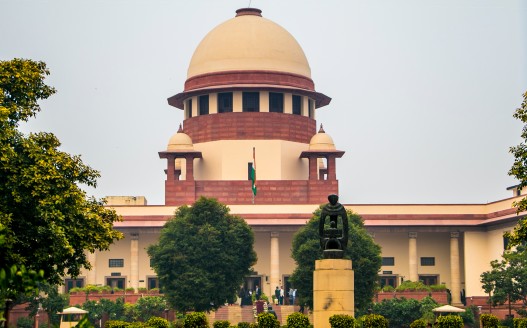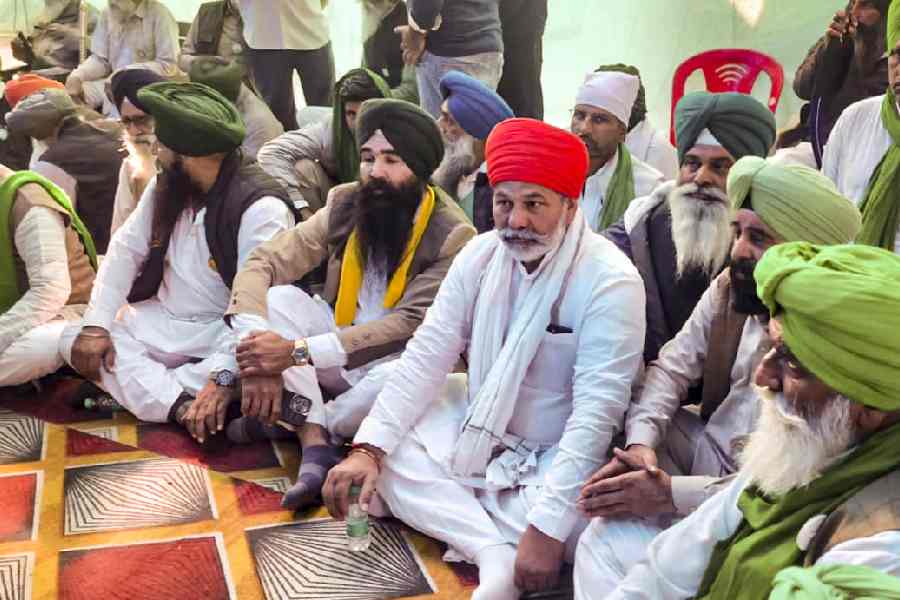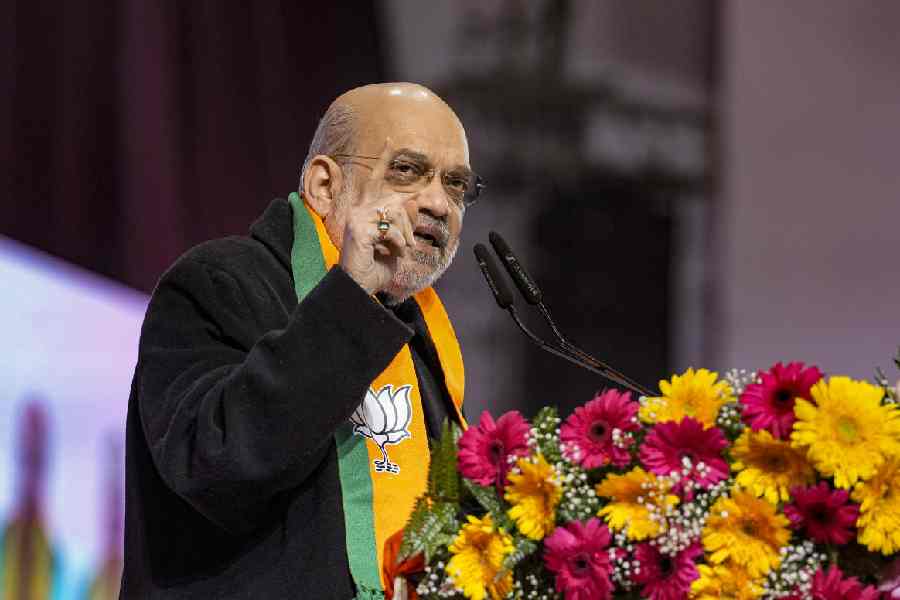The Supreme Court on Monday said its primary focus is to provide relief to two women, who claimed to be victims of Talaq-E-Hasan, before deciding the constitutional validity of this form of divorce.
'Talaq-e-Hasan' is a form of divorce in Muslims by which a man can divorce his wife by pronouncing talaq once every month over a three-month period.
A bench comprising Justices S K Kaul and Abhay S Oka impleaded the husbands of the petitioners and sought their response on the plea filed by them.
"We thought that you wanted a remedy for yourselves. We will issue notice to the husbands alone at this stage and issue notice on this limited aspect. Our concern is sometimes in the endeavour to raise a larger issue, what relief the parties need gets lost," the bench said.
"There are two people before us, who need relief and we are concerned with that. We will see later what are the issues remaining," the bench also comprising Justice Abhay S Oka said.
The top court was hearing separate pleas filed by Benazeer Heena and Nazreen Nisha challenging the constitutional validity of the practice of Talaq-e-Hasan.
Senior advocate Shyam Diwan, appearing for Heena, submitted that the husband may be impleaded in the case and notice be issued to him.He informed the apex court that the plea pending in the Delhi High Court has been withdrawn and the husband did not go for mediation.
Senior advocate Ranjit Kumar, appearing for Nisha, said the victim woman has been given talaq and there is maintenance given.The top court said it would hear the case on October 11.
The petition, filed by Ghaziabad resident Heena, who claimed to be a victim of Talaq-E-Hasan, also sought a direction to the Centre to frame guidelines for neutral and uniform grounds of divorce and procedure for all citizens.
In Talaq-e-Hasan, divorce gets formalised after the third utterance in the third month if cohabitation is not resumed during this period. However, if cohabitation resumes after the first or second utterance of talaq, the parties are assumed to have reconciled and the first or second utterances of talaq are deemed invalid.












